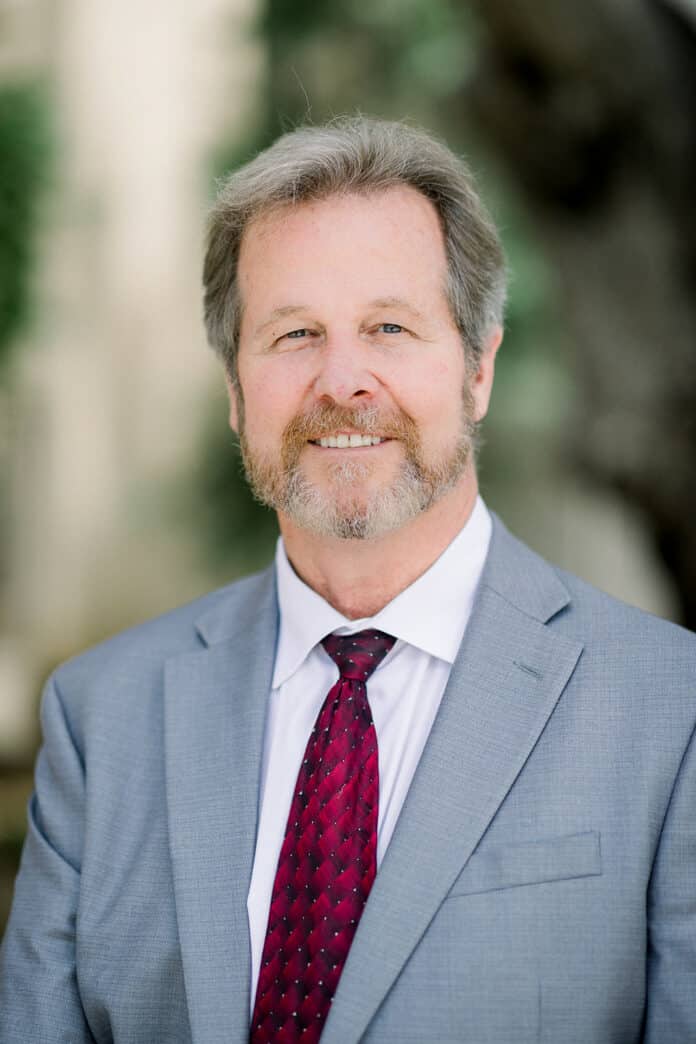By Don Schmitz
Nayib Bukele, president of El Salvador, was re-elected Feb. 4 in a landslide victory by 80 percent of voters. Why should you care about a small Central American election? Two reasons: People walk to the U.S. by the millions from Central America as illegal immigrants, and there are policy lessons for us to learn from our neighbors. Salvadorans are the third largest Hispanic population in America, now at 2.5 million. Of all the Central American nations, El Salvador is the largest source of immigration to our country. The country is historically a bloodbath of crime and gangs.
In 2015, the homicide rate was 103 per 100,000 people, 6,657 killed, making it the most violent country in the Western Hemisphere. Its capital, San Salvador, was the world’s most murderous city. Gangs like MS13 ruled the streets, openly dealing drugs, walking into homes and taking them over, and extorting money from business owners lest they be murdered. A 15-year-old girl was shot in a crosswalk for selling tortillas in a gang territory without permission. Interesting that many of the ideologies the American far-left embraces were the norm in El Salvador. After a fluctuating civil war from 1980 to 1992, the Marxist Farabundo Marti National Liberation Front (FMLN) was elected to power. The Marxists always promise the abolition of financial inequities and a worker’s paradise, but it never, ever happens, and it predictably didn’t happen there. El Salvador also has strict gun control laws, with no 2nd Amendment guaranteeing a citizen’s right to be armed.
They had implemented every gun control scheme espoused by the left in America: licensing to own a firearm with three-year renewals, complete registration of all firearms by the government, bans on private sales of firearms, and a limit of one firearm purchase every two years. Apparently though, the criminals that rape, steal, and murder with impunity weren’t concerned about breaking the gun laws, and preferred their victims to be unarmed and helpless.
President Bukele is the first president since 1984 not of the two major parties, the right-wing Nationalist Republican Alliance, or the communist FMLN. Promising a return to law and order in 2019, he was elected president and deployed thousands of soldiers and police directly into the gang-controlled areas whereupon homicides dropped by 50 percent, but the fight was far from over. In March 2022, gangs killed 80 people in one weekend, so Bukele’s government initiated “Guerra contra las pandillas” (war against gangs), after their legislature approved a state of emergency called “regimen de excepcion” (state of exception), which suspended rights of association, legal counsel, and increased time spent in detention without charges. Essentially under martial law, El Salvador now has the highest incarceration rate in the world, with 79,184 suspected gang members arrested, prison sentences increased from six to 45 years for convicted gang members, and the age of “criminal responsibility” reduced from 16 to 12.
Laws were enacted so anyone disseminating messages from gangs would spend 15 years in prison. Checkpoints are established around gang areas searching backpacks and looking for gang tattoos. The government erased gang graffiti and destroyed graveside monuments with gang affiliations on them to prevent them from becoming shrines. Harsh, brutally harsh, and brutally effective. Murders dropped another 70 percent, now at 2.4 per 100,000, the lowest in the Americas apart from Canada. Our U.S. government expressed concern about these methods, but with a shrug and a “go home Yankee,” politicians in Chile, Colombia, Costa Rica, Guatemala, Honduras, Ecuador, and Peru are enacting similar policies to regain law and order. At home, Bukele’s approval rating is at an unprecedented 90 percent.
So, what can Americans learn from this? Critics brand him an authoritarian, defined as enforcing strict obedience to the government at the expense of personal freedom. Really, though, the discussion should be about us here at home. Most of us have watched in hopeless sadness as leftist politicians empty out our prisons of convicted felons and defund the police, while activist DA’s refuse to prosecute criminals. Accordingly, many of our iconic cities are becoming unlivable, and as the roving gangs of criminals smash and grab goods, stores are closing.
Beautiful downtown San Francisco is becoming a ghost town, as is downtown Portland, where they have slashed policing while handing out needles to addicts with safe spaces to inject. It is past time to admit the soft-on-crime policies are an abject failure, and pivot back to the firm legislation adopted in the 1990s, like three strikes and mandatory sentences. Failure to do so will continue the downward spiral toward dystopia, and the backlash could reflect the gravity of our southern neighbor. We can restore the rule of law now without compromising civil liberties, but delay will make the crime cancer worse, and the cure more painful.

